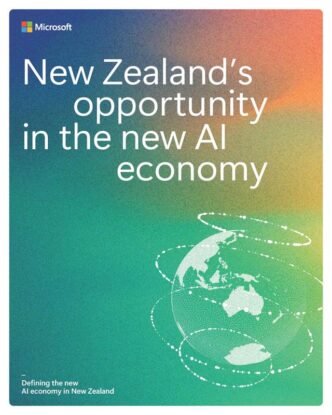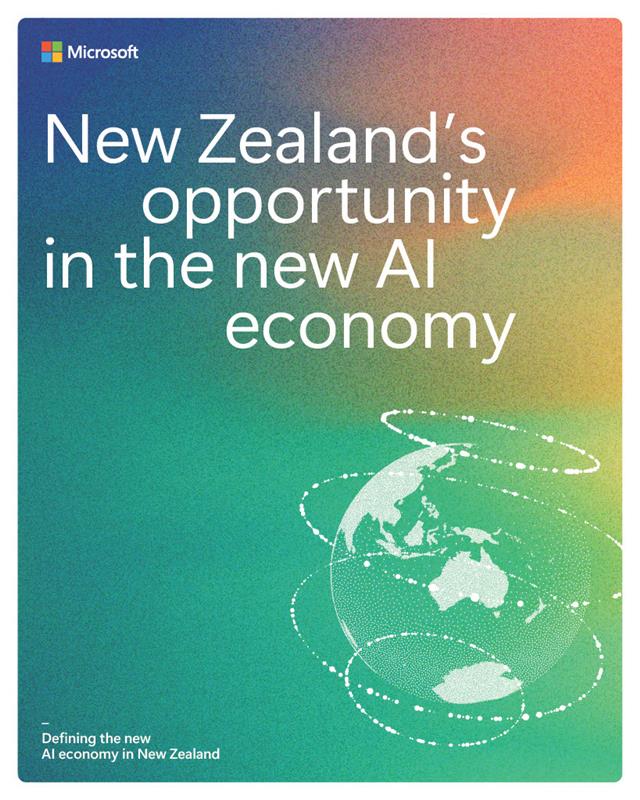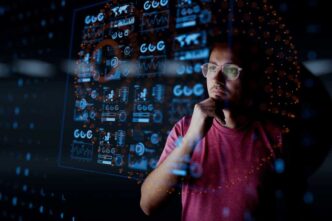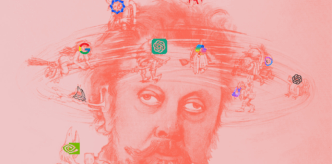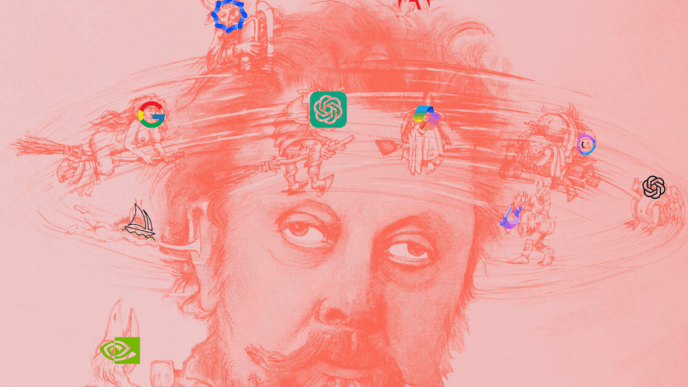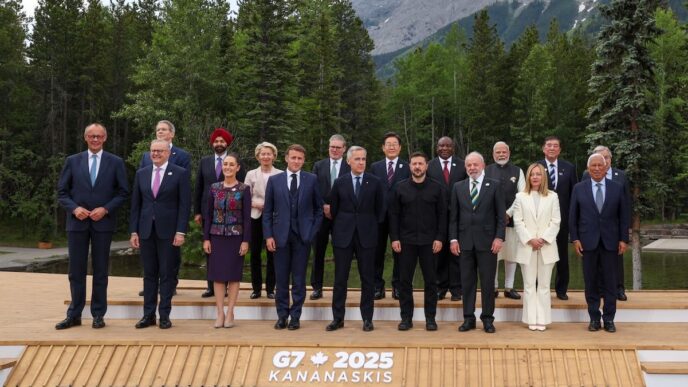Microsoft and partners dropped fresh data on New Zealand’s AI economy potential. New research from Mandala spells out where NZ can win big in AI by 2035.
NZ won’t beat giants on building new AI models or chips, but it can dominate in AI apps and datacentres. These two sectors make up 90% of AI’s economic boost in Aotearoa.
AI apps are forecasted to rake in NZD $2.1 billion by 2035. Key players include Volpara for medical imaging, Techion shifting from livestock to human diagnostics, Xero in fintech, and HyperCinema innovating museum experiences with AI storytelling.
On datacentres, New Zealand scores high with 88% renewable electricity, political stability, and proximity to Asia-Pacific markets. This makes it a prime spot for eco-friendly AI datacentres and related investments.
Kiwi workers are already ahead on generative AI, with 84% adoption, but digital skills still lag behind peers. Microsoft plans to upskill 100,000 Kiwis in AI and digital skills over two years to close that gap.
A push to speed datacentre approvals and invest in renewables is underway. Microsoft’s deal with Contact Energy helped fund the Te Huka 3 power station, adding 51.4 MW of renewable power—powering growth and sustainability for future AI needs.
Venture capital remains the bottleneck. With 90% of AI startup funding coming from overseas, NZ must boost local investment and talent to truly accelerate.
The payoff? By 2035, AI apps and datacentres could form a $3.4 billion industry. GDP per capita might jump 14%, edging NZ past Finland and Estonia.
A public sector pilot with Microsoft Copilot showed a 1781% ROI, saving 13 work hours monthly on repetitive tasks. Wider AI rollout could multiply these gains.
BusinessNZ CEO Katherine Rich highlighted the bigger picture.
“At a business level, a lot of the conversation around AI has centred on productivity, and generative AI is already proving itself as an essential tool in that regard. However, the wider conversation around how New Zealand develops an AI industry of its own to create new revenue streams, attract more business and compete in the global market is even more exciting. It underscores the importance of working broadly with government, education providers and employers in a coordinated way to maximise benefits for the economy, to provide certainty to investors in core infrastructure and speed up development and skilling,” said
Katherine Rich, Chief Executive of BusinessNZ.
NZ’s renewable energy base, strong institutions, and growing AI apps ecosystem set the stage for scaling AI. The country must focus on its strengths in agri, health, fintech, and datacentres to grab this once-in-a-generation chance.
Read the full Microsoft-Mandala report here.
